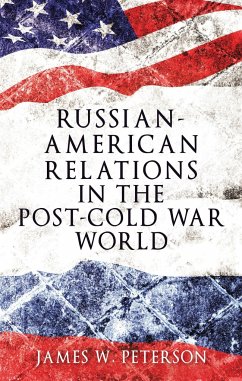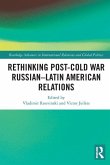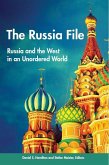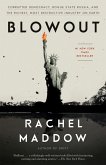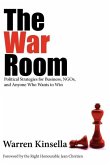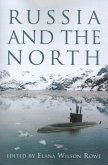Why did the Russian take-over of Crimea come as a surprise to so many observers in the academic, practitioner and global-citizen arenas? The answer presented in this book is a complex one, rooted in late-Cold War dualities but also in the variegated policy patterns of the two powers after 1991. This book highlights the key developmental stages in the evolution of the Russian-American relationship in the post-Cold War world. The 2014 crisis was provoked by conflicting perspectives over the Balkan Wars of the 1990s, the expansion of NATO to include former communist allies of Russia as well as three of its former republics, the American decision to invade Iraq in 2003, and the Russian move to invade Georgia in 2008. This book uses a number of key theories in political science to create a framework for analysis and to outline policy options for the future. It is vital that the attentive public confront the questions raised in these pages in order to control the reflexive and knee-jerk reactions to all points of conflict that emerge on a regular basis between America and Russia. Key topics include struggles over the Balkans in the 1990s, expansion of NATO to include former communist entities, the challenges posed by terrorism to both nations, wars fought by both powers in the first decade of the twenty-first century, conflict over missile defence, reactions to post-2011 turmoil in the Middle East, and the mutual interest in establishing priorities in Asia. This book will be of interest to undergraduate and postgraduate students in political science and international relations as well as practitioners who work on vital foreign policy problems relating to terrorism, the Middle East, and civil wars. It is a must-read for anyone devoted to harnessing Russian and American strengths to make the world more stable, more predictable, and more promising.

